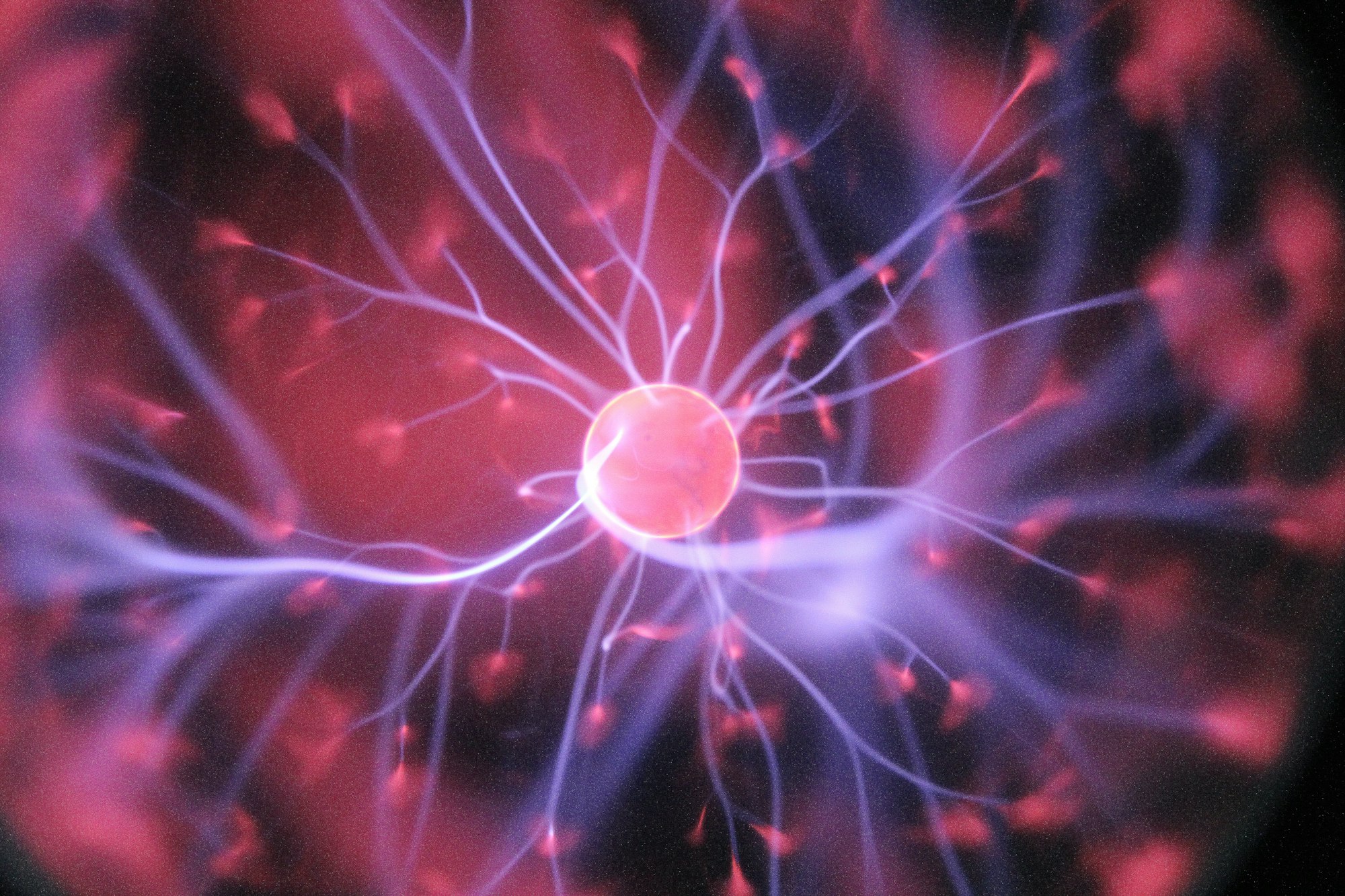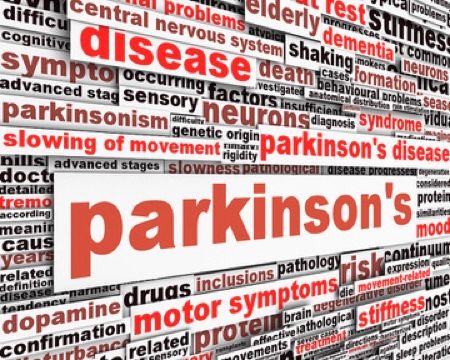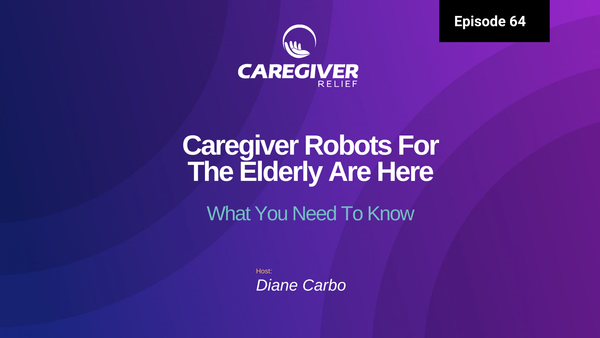What are Lewy Body Dementia Symptoms?

Lewy body dementia (LBD) is a progressive, degenerative disorder that causes a decline in memory and other cognitive abilities. LBD is one of the most common types of dementia, affecting more than 1 million Americans. It can affect people of any age, though it most commonly affects older adults. The primary symptoms of LBD are cognitive impairments, movement problems, changes in behavior, depression, and signs of Parkinson’s Disease.
People who have LBD experience a gradual decline in mental abilities, as well as physical impairments such as difficulty walking, stiff muscles, and tremors. Behavioral changes can include hallucinations, delusions, agitation, and impaired judgment. Depression is also common, as well as difficulty with activities of daily living such as bathing, dressing, and eating.
Although there is currently no cure for LBD, treatments are available to help manage symptoms and slow the progression of the disease. Many medications are available to help with movement and other cognitive issues, as well as psychosocial interventions to help with depression and behavioral issues. It is important to consult with a doctor or specialist to determine the best course of action for each individual case.
Living with LBD can be a challenging and difficult experience for both the person affected and their caregivers. But with the right support from family, friends, healthcare professionals, and organizations, those living with LBD can lead fulfilling lives.
Lewy body dementia is a degenerative neurological condition, characterized by the emergence of abnormal proteins in brain cells. This form of dementia is estimated to affect over one million people in the United States and is the second most common type of progressive dementia after Alzheimer’s disease. It can cause a wide range of symptoms that can impact cognitive and motor skills, as well as personality and behavior. In this guide, we will discuss what Lewy body dementia is and how it is defined medically.
Also known as ‘dementia with Lewy bodies’ or DLB, Lewy body dementia is a progressive disorder that impairs thinking, memory, and movement. These impairments become increasingly worse as the condition progresses, making it difficult for individuals with DLB to live life independently. It is often misdiagnosed due to its similar symptoms to other forms of dementia, such as Alzheimer’s disease.
DLB is named after the famous German neurologist Friederich H. Lewy, who first studied the condition in the early 1900s. It is diagnosed based on the presence of Lewy bodies- abnormal protein deposits found in the brain. These proteins are what enable the formation of lesions in the brain, which are thought to contribute to the development of dementia.
The symptoms associated with DLB vary and can present differently in each individual. Generally, the condition is marked firstly by the gradual decline in cognitive ability, particularly in relation to attention, concentration, and executive functioning. Motor impairments such as tremors, stiffness, balance problems, and falls are also common. Additional symptoms include behavioral changes, visual hallucinations, and sleep disturbances.
Since Lewy body dementia is progressive, it is important to understand how it is diagnosing. Doctors may use a combination of tests to determine whether the patient has DLB or another form of dementia. These tests may include MRI scans, PET scans, lumbar punctures, and blood tests. It is important to remember that no single test can guarantee a diagnosis; rather, doctors take into account physical and mental health indicators to confirm a diagnosis.
Now that we have a better understanding of what Lewy body dementia is and how it is defined medically, let's move on to discussing the risk factors associated with this condition.
Risk Factors for Lewy Body Dementia
Lewy Body Dementia (LBD) is one of the most common forms of dementia, affecting an estimated 1.4 million people in the United States alone. This condition is caused by the deterioration of nerve cells in the brain and can cause severe memory loss, confusion, and mood changes. It is typically diagnosed in people over the age of 65 and is more common in men than in women.
Unfortunately, determining the cause of LBD is difficult because it is a complex condition. However, there are certain lifestyle factors that are associated with an increased risk of developing it. These include advancing age, having a family history of the condition, and head injury or trauma.
Age is the strongest risk factor for LBD. People over the age of 65 are much more likely to develop the condition. The exact cause of this is not yet known, but some research suggests that age-related changes to the brain can contribute to the development of LBD. Family history is another risk factor associated with LBD, with people who have a first-degree relative with the condition being at an increased risk.
Head trauma and other types of brain injury can also significantly increase a person’s chances of developing LBD. Injuries that impact the brain, such as from a stroke or a fall, may lead to an increased risk of the condition developing. Additionally, people who have been exposed to certain toxic substances, such as carbon monoxide or pesticides, may also be at a higher risk for developing LBD.
It is important to note that the above factors are associated with an increased risk of developing LBD, but they do not guarantee that a person will develop the condition. In addition, there are no known preventive measures that can completely eliminate the risk of developing the condition.
Symptoms of Lewy Body Dementia
Lewy body dementia is a type of progressive dementia caused by deposits of protein called alpha-synuclein. This condition can cause a wide variety of symptoms, both physical and cognitive. The most common symptoms of Lewy body dementia include:
- Memory loss
- Confusion and disorientation
- Problems with attention, concentration, and problem-solving
- Movement problems, such as difficulties with walking and balance
- Visual hallucinations
- Sudden changes in behavior
- Depression and anxiety
- Slowed thinking and speech
Other potential symptoms of Lewy body dementia include insomnia, wandering, agitation, and delusions. These symptoms can vary from person to person and it is important to speak to a doctor if you have any concerns. In some cases, the symptoms of Lewy body dementia can also be misinterpreted as being caused by other medical conditions.
Treating Lewy body dementia can be challenging, as treatment must be tailored to the individual’s specific needs. There are a number of medications available to offer relief from some of the symptoms, though they may not be effective in every case. For example, antipsychotic drugs may help to reduce hallucinations, while antidepressants may help with mood changes. It is important to speak to your doctor about these options and what is right for you. Additionally, there are a number of lifestyle changes that can be helpful in managing the symptoms of Lewy body dementia. Maintaining a healthy diet, exercising regularly, and engaging in social activities can all help to keep the symptoms under control.
Diagnosing Lewy Body Dementia can be a complex process, as this condition is often difficult to differentiate from other forms of dementia. To help doctors make an accurate diagnosis, tests and exams are used to evaluate the patient's mental state, physical condition, and cognitive abilities.
The first step in the diagnosis of Lewy body dementia is to assess the patient's medical history and any reported symptoms they may have. A doctor will then typically conduct a physical exam, blood tests, neuropsychiatric tests, and brain scans to rule out other conditions.
Neuropsychiatric tests can provide invaluable insight into the state of the patient's brain and cognitive functioning. These tests usually involve the patient being asked questions about their memory, language, problem solving, and concentration levels.
Brain scans may also be ordered to get more detailed images of the brain, as these can help to identify visible signs of Lewy body dementia. These scans may include CT scans, MRI scans, and PET scans, all of which can provide useful information about the density and size of the brain's cells.
Finally, a doctor may also conduct a series of cognitive tests to evaluate the patient's response to certain stimuli and determine if they are exhibiting any depressive or anxiety symptoms. This type of testing can provide the doctor with further information about the patient's mental state and the presence of Lewy body dementia.
Once all of the necessary tests and exams are completed, a doctor can look at the results and diagnose a patient with Lewy body dementia if their cognitive functions have been significantly impaired and/or if they present other symptoms associated with the condition.
Treatments for Lewy Body Dementia
Lewy Body Dementia is a neurodegenerative disorder that affects a person's cognition, behavior, and movement. Unfortunately, there is no cure for Lewy Body Dementia; however, treatment can be used to reduce the symptoms and slow the progression of the disease. There are various treatments available for those with Lewy body dementia, both to help manage the symptoms and to reduce the impact of the condition on everyday life.
Medication
Medications are often prescribed for people with Lewy Body Dementia in order to reduce symptoms such as confusion, anxiety, memory problems, and depression. Common medications used for Lewy Body Dementia include antipsychotics, antidepressants, and cholinesterase inhibitors. The specific medications prescribed will depend on the individual's symptoms and the severity of their condition.
Occupational Therapy
Occupational therapy can help people with Lewy Body Dementia by teaching them techniques to help them manage their daily tasks. This could include learning how to use tools or adapting their environment to make it easier to complete tasks. Occupational therapy can also help those with the condition modify their behavior to make it more appropriate for their environment.
Speech & Language Therapy
Speech and language therapy can help those with Lewy Body Dementia to communicate better. Speech therapists are able to provide communication strategies to help people with Lewy Body Dementia improve their ability to express themselves. This can be especially helpful for those with advanced stages of the condition.
Psychosocial Support
Psychosocial support is important for those living with Lewy Body Dementia. Social workers, psychologists, and other professionals can help those with the condition adjust to their new reality. This type of support may include assistance with daily activities such as shopping, managing finances, and finding resources. It may also involve providing emotional support, helping individuals cope with the changes in their life, and connecting them to social networks.
Nutrition & Exercise
Nutrition and exercise are important for those with Lewy Body Dementia. Eating a healthy, balanced diet and getting regular exercise can help improve symptoms and quality of life. In addition, avoiding certain substances, such as caffeine, nicotine, and alcohol, may also help reduce symptoms.
Caregiver Support
Caregivers of those with Lewy Body Dementia need support too. Counseling, respite care, support groups, and education about the condition can be invaluable for those caring for someone with Lewy Body Dementia. Being able to talk to other people who are in a similar situation can be incredibly helpful for caregivers.
Conclusion
The treatment plan for those with Lewy Body Dementia will vary based on the individual's needs and symptoms. Medication, occupational therapy, speech and language therapy, psychosocial support, nutrition and exercise, and caregiver support can all help reduce symptoms and improve quality of life for those with the condition. It is important to have regular check-ins with your doctor to ensure that the treatment is working as well as possible.
Coping with Lewy Body Dementia
Lewy body dementia is a degenerative condition, meaning that it's progressive over time and eventually leads to the death of the patient. While medical treatments can help manage the symptoms, the emotional and psychological impact of this condition can be challenging for both patients and their family and carers.
The emotional impact of this condition can range from confusion and frustration to feelings of grief and sorrow. It is important to recognise that these are normal reactions to such a debilitating illness. There are various interventions that can help both patients and their carers in coping with the emotional challenges of Lewy body dementia.
One way to start addressing the emotional needs of the patient is through psychotherapy. Talking to a trained psychiatrist or psychologist can help patients to better understand their condition, while also providing them with coping strategies and emotional support.
Carer support groups can also be beneficial for those managing the daily care of a person with Lewy body dementia. These groups provide a safe and supportive environment where carers can openly discuss their concerns and experiences, as well as accessing valuable resources and advice from experts.
Another way to help carers cope with the emotional and physical demands of looking after someone with Lewy body dementia is to make use of respite services. Respite care can provide the carer with temporary help, either through home visits or residential stays. This way, the carer can take some time off and focus on their own wellbeing.
Finally, it is important to remain positive and take it one day at a time. It can be easy to feel overwhelmed by the demands of looking after someone with Lewy body dementia. However, small moments of joy can still be found amidst the challenges that this condition presents.
It is also important to remember that you are not alone. Support for managing the emotional impact of Lewy body dementia is available through organisations like the Lewy Body Dementia Association. They provide information, resources and support for both sufferers and carers, and can help navigate the difficult journey of living with this condition.
Research & the Future of Lewy Body Dementia
When faced with a progressive neurological condition, like Lewy body dementia (LBD), many people are left searching for answers. Generally speaking, this disease is still relatively underrepresented in terms of research and studies.
Though some medical advancements have been made, a cure has yet to be found. Thankfully, this does not mean that a future is not looking bright. In fact, there are several areas of research and breakthroughs that may offer hope for those living with LBD.
For starters, genetic research is looking into what mutations or changes in specific genes may increase a person's risk of developing LBD. By better understanding the underlying genetic factors, localised treatments and therapies may be developed to help slow the progression of symptoms and improve quality of life.
Additionally, researchers are examining the effectiveness of certain medications and supplements, such as cholinesterase inhibitors, as potential treatments for LBD. These drugs are commonly used to treat Alzheimer’s disease, but may also prove useful in managing the cognitive and behavioral symptoms experienced by people with LBD.
Finally, researchers are studying the role of sleep in LBD, as poor quality or inadequate sleep is often associated with an increase in symptoms. Sleep disturbances are particularly common in patients with Parkinson’s disease, and so the same may be true for those living with LBD. Consequently, identifying best practices for guide sleeping may lead to improved treatment outcomes.
As research and developments continue, there is hope that an eventual solution will be found. Until then, individuals living with LBD can rely on various strategies and interventions to help them cope with and manage their condition.
To summarize, Lewy Body Dementia is a progressive neurological condition that affects millions of people around the globe, usually those over 60 years of age. While there is currently no way to cure Lewy Body Dementia, various treatments and interventions can help slow its progression and improve the quality of life for sufferers. Research is continuing into treatments and strategies to diagnose this condition, providing hope for the future.
You might also like this article:










